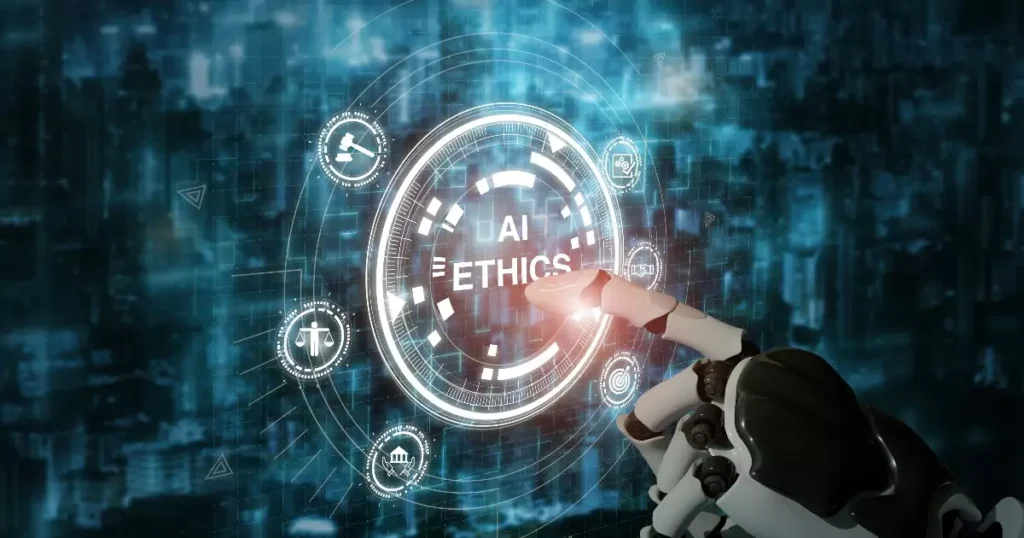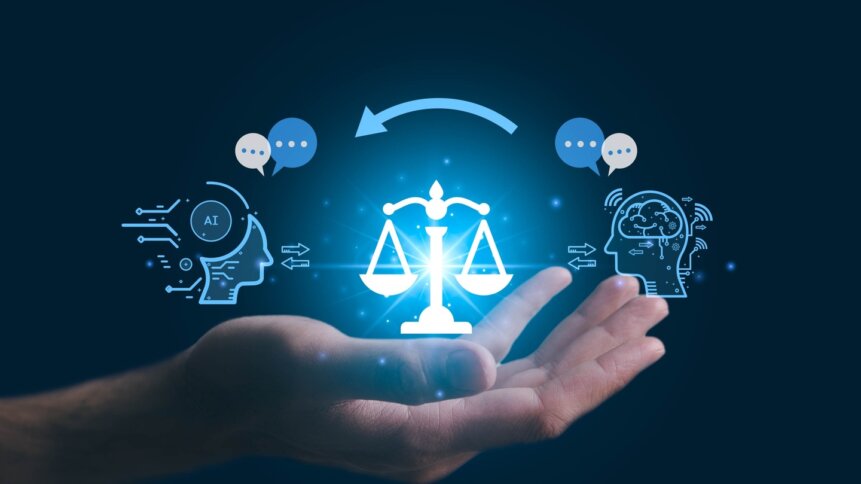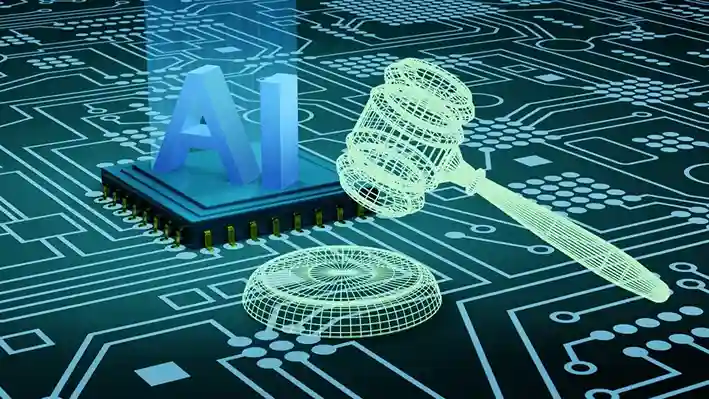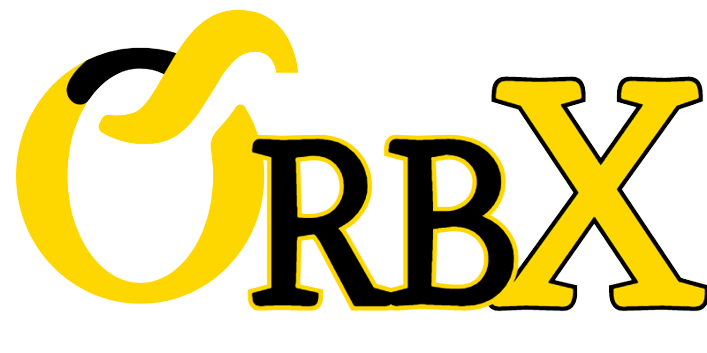AI Ethics: Paving the Way for Responsible and Fair Technology

AI ethics in technological advancements can help foster a world with less bias and more fairness. Here’s what it is and why it matters.
As artificial intelligence (AI) becomes increasingly vital to society, experts emphasize the need for ethical boundaries in creating and implementing new AI tools. While no wide-scale governing body currently enforces these rules, many technology companies have adopted their own versions of AI ethics or an AI code of conduct.
What Are AI Ethics?
AI ethics are moral principles guiding the responsible and fair development and use of AI. These principles ensure AI technology is developed safely, securely, humanely, and environmentally friendly. Strong AI ethics include avoiding bias, ensuring user privacy, and mitigating environmental risks. AI ethics are implemented through corporate codes of conduct and government-led regulatory frameworks, addressing both global and national issues.
The discussion around AI ethics has expanded from academic research and non-profits to include major tech companies like IBM, Google, and Meta, which have formed teams to tackle ethical issues. Government and intergovernmental entities have also started creating regulations and ethics policies based on academic research.

Stakeholders in AI Ethics
Creating ethical principles for AI involves collaboration among various stakeholders who examine how social, economic, and political issues intersect with AI, ensuring harmonious coexistence between machines and humans.
- Academics: Researchers develop theory-based statistics, research, and ideas supporting governments, corporations, and non-profits.
- Government: Agencies facilitate national AI ethics, such as the 2016 “Preparing for the Future of Artificial Intelligence” report by the National Science and Technology Council (NSTC).
- Intergovernmental Entities: Organizations like the United Nations and the World Bank raise awareness and draft global AI ethics agreements, such as UNESCO’s 2021 global agreement on AI ethics.
- Non-Profit Organizations: Groups like Black in AI and Queer in AI ensure diverse representation in AI technology, while the Future of Life Institute’s Asilomar AI Principles outline AI risks and challenges.
- Private Companies: Tech giants like Google and Meta, as well as other industries using AI, create ethics teams and codes of conduct, setting industry standards.
Why Are AI Ethics Important?
AI ethics are crucial because AI technology is designed to augment or replace human intelligence. Without ethical guidelines, biased or inaccurate data can lead to harmful consequences, especially for underrepresented or marginalized groups. Integrating a code of ethics during the development process helps prevent future risks and ensures fair and responsible AI use.
Examples of AI Ethics
- Lensa AI: In December 2022, Lensa AI faced criticism for not crediting or compensating artists whose work was used to train its models, raising ethical concerns about consent and intellectual property.
- ChatGPT: This AI model can generate text, code, or proposals, raising ethical questions about its use in academic and professional settings and the source of its training data.
Ethical Challenges of AI
AI ethics face several real-life challenges:
- AI and Bias: AI tools can perpetuate bias if trained on unrepresentative data, as seen with Amazon’s AI recruiting tool, which discriminates against women.
- AI and Privacy: AI relies on data from various online sources, raising concerns about consent and data privacy.
- AI and the Environment: Training large AI models requires significant energy, highlighting the need for environmentally conscious AI policies.

How to Create More Ethical AI
Creating ethical AI involves scrutinizing the ethical implications of policy, education, and technology. Regulatory frameworks can ensure technologies benefit society and mitigate harm. Public awareness of AI risks and accessible resources can help manage these risks.
Using AI tools to detect unethical behavior in other technologies is promising. These tools can identify fake or biased data more efficiently than humans, contributing to a more ethical AI landscape.



